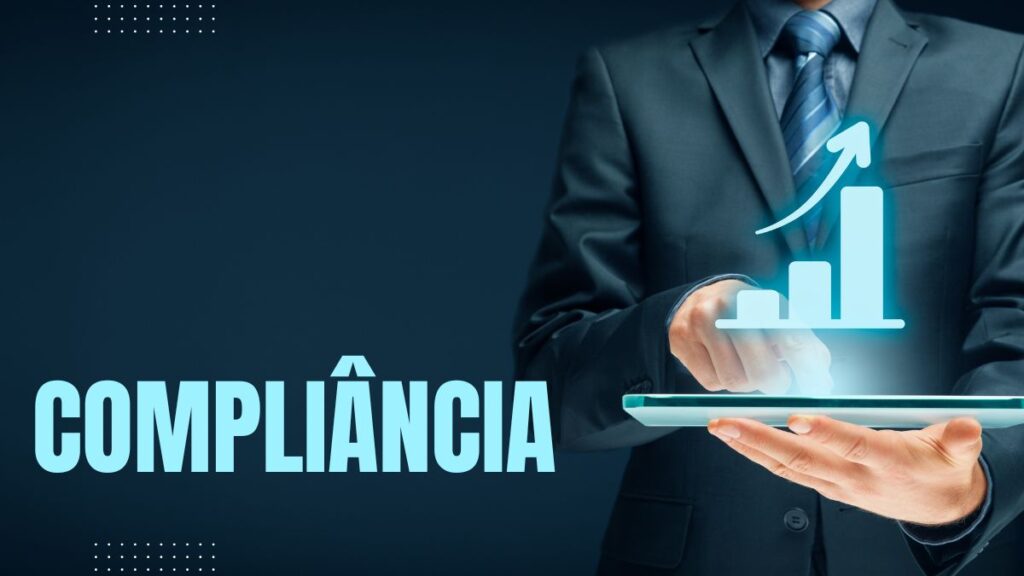Compliância, a term derived from the Portuguese word “compliance,” embodies the concept of adhering to rules, regulations, and ethical standards within an organization. In the realm of business, compliance has become increasingly crucial, not only for legal reasons but also for maintaining ethical integrity and fostering trust among stakeholders.
Understanding Compliance
What Does Compliance Mean?
Compliance refers to the act of conforming to established rules, laws, regulations, and standards set forth by authorities or governing bodies. It ensures that businesses operate within legal boundaries and adhere to prescribed guidelines.
Importance of Compliance
Compliance is vital for businesses to maintain trust with customers, partners, and regulatory authorities. It helps prevent legal issues, financial penalties, and reputational damage that could arise from non-compliance.
Exploring Compliância
Definition and Origin
Compliância originates from the Latin term “compliāre,” meaning “to fulfill” or “to carry out.” It encompasses the principles of compliance within the context of Latin American business cultures, emphasizing not only adherence to laws and regulations but also ethical behavior and social responsibility.
Role in Business
Compliância plays a pivotal role in modern business practices, ensuring that companies operate with integrity, transparency, and accountability. It encompasses various aspects, including legal compliance, ethical conduct, risk management, and corporate governance.
Key Components of Compliância
Legal Requirements
Compliância involves complying with a myriad of legal obligations, including labor laws, tax regulations, environmental regulations, data protection laws, and industry-specific regulations. Failure to comply with these laws can result in severe consequences, such as fines, lawsuits, and business disruption.
Ethical Standards
In addition to legal requirements, Compliância entails upholding ethical standards and principles. This includes fostering a culture of honesty, integrity, fairness, and respect for all stakeholders, including customers, employees, suppliers, and the community.
Regulatory Framework
Compliância operates within a regulatory framework that governs various aspects of business operations. This framework comprises laws, regulations, guidelines, and standards issued by government agencies, industry associations, and international organizations.
Benefits of Compliância
Risk Mitigation
Compliância helps mitigate risks associated with legal violations, financial irregularities, fraud, corruption, and unethical behavior. By adhering to compliance standards, companies can identify and address potential risks proactively, thereby safeguarding their reputation and financial stability.
Enhanced Reputation
Maintaining Compliância enhances a company’s reputation and credibility among customers, investors, and other stakeholders. It demonstrates a commitment to ethical conduct, corporate responsibility, and good governance practices, which can differentiate the company from competitors and attract stakeholders’ trust and loyalty.
Operational Efficiency
Compliância promotes operational efficiency by streamlining processes, reducing errors, minimizing disruptions, and optimizing resource allocation. By standardizing procedures and implementing best practices, companies can improve productivity, reduce costs, and achieve sustainable growth.
Challenges in Implementing Compliância
Complexity
Implementing Compliância can be complex and challenging due to the multitude of laws, regulations, and standards that companies must adhere to, especially in highly regulated industries or global markets. Managing compliance requirements across different jurisdictions and ensuring ongoing compliance monitoring require significant resources and expertise.
Cost
Compliância implementation often entails substantial costs associated with compliance assessments, regulatory audits, staff training, technology investments, and ongoing monitoring and reporting. Small and medium-sized enterprises (SMEs) may find it particularly challenging to allocate resources for compliance initiatives, potentially putting them at a competitive disadvantage.
Resistance to Change
Resistance to change within organizations can hinder Compliância efforts, as employees may perceive compliance requirements as bureaucratic, restrictive, or unnecessary. Overcoming resistance requires effective communication, leadership commitment, and stakeholder engagement to foster a culture of compliance and accountability.
Strategies for Successful Compliância
Leadership Commitment
Leadership commitment is essential for fostering a culture of compliance within an organization. Top management must demonstrate a strong commitment to ethical conduct, compliance with laws and regulations, and continuous improvement of compliance processes and systems.
Employee Training
Providing comprehensive training and awareness programs is critical for ensuring that employees understand their compliance obligations and responsibilities. Training should cover relevant laws, regulations, company policies, ethical standards, and reporting procedures to empower employees to make informed decisions and report compliance violations.
Continuous Monitoring
Continuous monitoring and evaluation of compliance activities are necessary to identify and address potential compliance risks and issues promptly. Implementing robust monitoring systems, conducting regular compliance audits, and leveraging technology for real-time monitoring can help companies detect and mitigate compliance failures effectively.
Case Studies
Successful Compliância Implementation
Several companies have successfully implemented Compliância programs to enhance their compliance posture and mitigate risks. These companies have demonstrated strong leadership commitment, invested in employee training and development, and implemented robust compliance frameworks tailored to their specific industry and organizational needs.
Challenges Faced by Companies
Despite the benefits of Compliância, many companies face challenges in effectively implementing and maintaining compliance programs. Common challenges include inadequate resources, lack of awareness or understanding of compliance requirements, cultural barriers, and evolving regulatory landscapes.
Future Trends in Compliância
Technological Innovations
Technological innovations, such as artificial intelligence (AI), machine learning, blockchain, and data analytics, are reshaping the landscape of compliance management. These technologies offer opportunities to automate compliance processes, enhance risk detection capabilities, and improve decision-making, thereby making compliance more efficient and effective.
Globalization Impact
Globalization presents both opportunities and challenges for Compliância. As companies expand their operations into new markets and jurisdictions, they face increased regulatory complexity, cultural differences, and geopolitical risks. Navigating these challenges requires companies to adopt a proactive and holistic approach to compliance management, incorporating local knowledge, cross-cultural communication, and strategic partnerships.
Conclusion
In conclusion, Compliância is a multifaceted concept that encompasses legal compliance, ethical conduct, and regulatory adherence within organizations. By embracing Compliância principles, companies can mitigate risks, enhance their reputation, and improve operational efficiency. However, implementing and maintaining Compliância requires strong leadership commitment, employee engagement, and continuous monitoring. As businesses navigate an increasingly complex and interconnected regulatory landscape, Compliância will remain a cornerstone of responsible corporate governance and sustainable business practices.
FAQs
- What are the consequences of non-compliance?
Non-compliance can lead to legal penalties, financial losses, reputational damage, and business disruption. - How can companies ensure compliance with evolving regulations?
Companies can stay informed about regulatory changes, conduct regular compliance assessments, and leverage technology for monitoring and reporting. - Why is leadership commitment crucial for successful compliance programs?
Leadership commitment sets the tone for a culture of compliance, demonstrating the importance of ethical conduct and regulatory adherence from the top down. - What role does employee training play in compliance management?
Employee training equips staff with the knowledge and skills necessary to understand and fulfill their compliance obligations, empowering them to contribute to a culture of compliance. - How can small businesses address compliance challenges with limited resources?
Small businesses can prioritize compliance efforts based on their specific risks, leverage external expertise or resources, and collaborate with industry associations or regulatory bodies for guidance and support.


